Problem of Evil
The problem of evil is the challenge of reconciling undesirable observations with trust in a good God. Many atheists esteem horrendous evils associated with a law of nature, such as severe natural disasters or debilitating diseases, to be evidence against the existence of God. Moral evils, such as when a person freely chooses to harm another, tend to present a less serious challenge to belief in God due to broad acceptance of the free will defense. Responses to the problem of evil generally explore the nature of good and evil, affirm that evil exists, and seek to justify God in permitting evil based on some necessity associated with greater good.
This is a list of articles that Lincoln Cannon has written about the problem of evil. A full archive of all articles that Lincoln has published since 2005 is also available. You may also search for articles and other content that's available on any of Lincoln's websites.
-

Why Decentralization Is Essential to Human Thriving
Decentralization of power, whether we characterize that power as technological or otherwise, is essential to increasing the probability of a thriving human (or superhuman) future. There’s a line of reasoning that persuaded me of this conclusion. It consists of three steps. Before I share the three steps, I should explain ... -
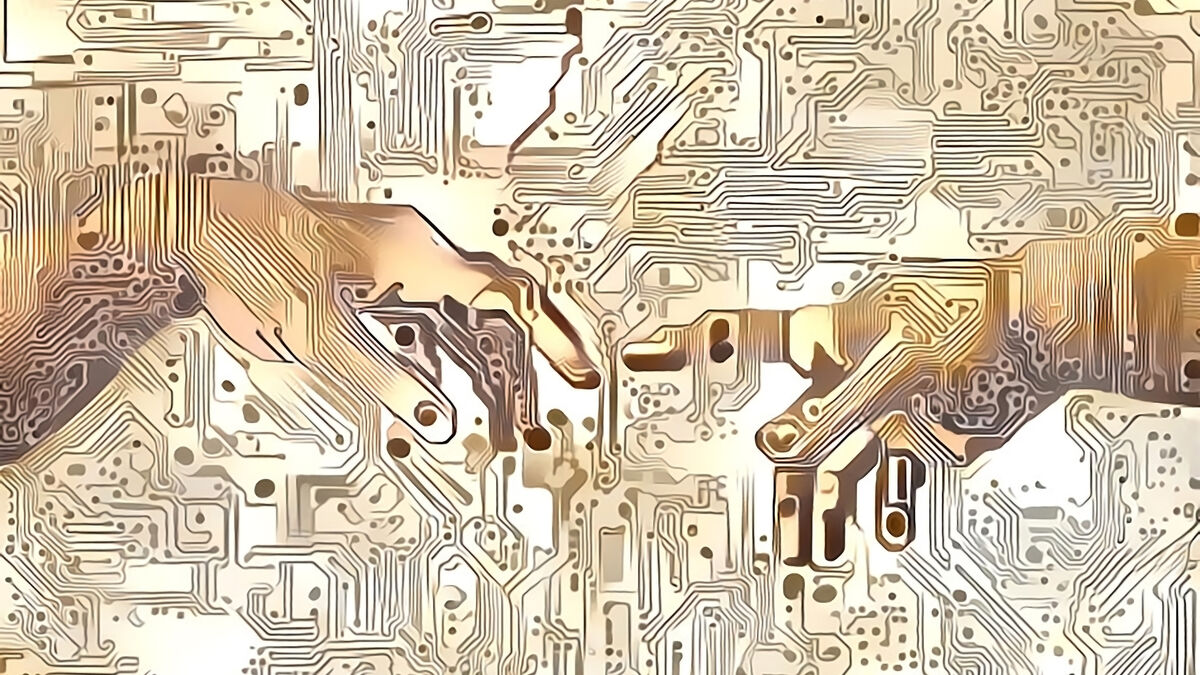
New God Argument Version 3.4
On Saturday 3 August, I presented the New God Argument at the Sunstone conference in Salt Lake City. As part of the presentation, I simplified the formulation of the Compassion Argument slightly. And I spent more time than usual elaborating on how the first assumption of the Compassion Argument arises ... -

The Semi-Orthogonality Hypothesis
In his Orthogonality Thesis, Nick Bostrom proposes that “intelligence and final goals are orthogonal: more or less any level of intelligence could in principle be combined with more or less any final goal.” However, there’s a problem hinted at by the combination of “orthogonality” and “more or less.” Nick acknowledges ... -
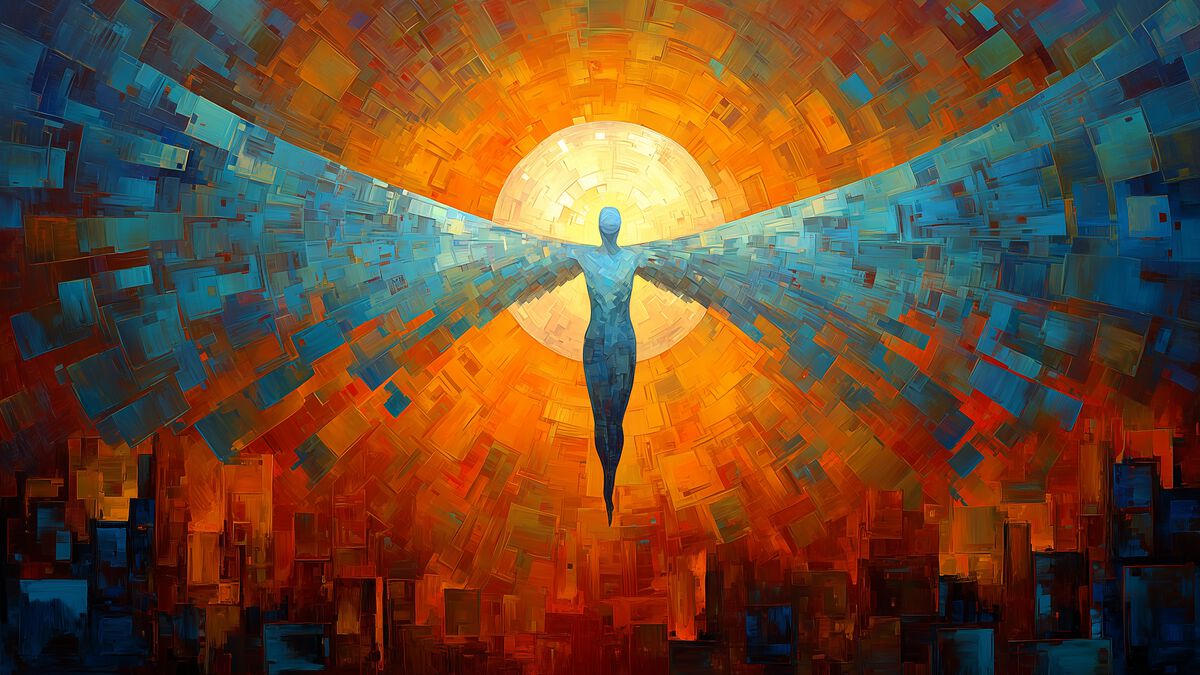
Evil Gods will rise and fall they must
Technology is power, which may be used for good or evil. And technological trends increasingly suggest our future will include technology and its associated power beyond our present ability to imagine. The Benevolence Argument of the New God Argument concludes that any posthumanity, radically creative to the point of metacreativity ... -
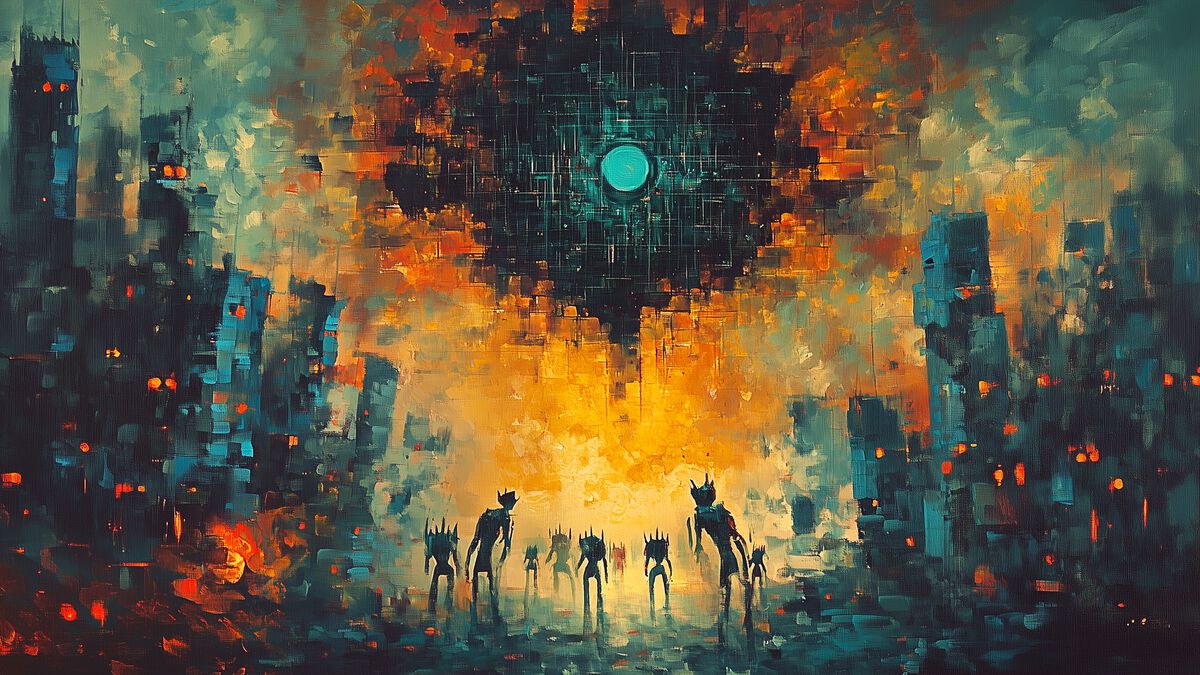
Would It Be Moral to Create a World Like Ours?
I trust our world was created by God, a radically compassionate posthumanity. After expressing this trust recently on the Singularity 1 on 1 podcast, a commenter asked how I justify the morality of creating worlds like the one we’re now living in. Or, put differently and in traditional terms: how ... -

Becoming God Can Be Cruel and Irrational
“God is cruel,” says Hank Pellissier, managing director of the Institute for Ethics and Emerging Technology. Here are my thoughts in response. Hank, there’s considerable irony in your post. The charge that theism is illogical presents significant practical and logical challenges for a Transhumanist. You trust in humanity’s posthuman potential. ... -

Why Should Theists Learn How to Resurrect the Dead?
On the Mormon Transhumanist Association Response website, Vblogger, who is a Mormon, questions why Mormon Transhumanists think we should try to use science and technology as means for transfiguration and resurrection to immortality. He demonstrates that the scriptures teach that God has already transfigured or resurrected persons in the past. ... -
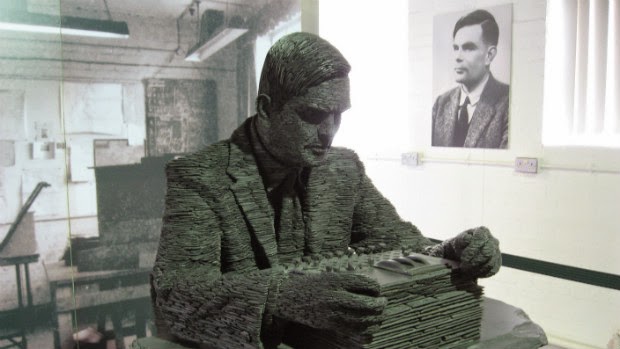
Living in an undecidable halting problem of evil?
For some computer programs, we can know in advance how they will run, when they will stop, and what results they will return. However, there are other computer programs that are undecidable halting problems: we cannot know, without actually running them, whether they will ever stop running, let alone what ... -

Gods of suffering and oppression
In response to the New God Argument, an anonymous commenter requested my thoughts on the following David Pearce quote. David is a Transhumanist philosopher who I respect a great deal, despite some differences of perspective. He calls into question the benevolence of posthumans: “Of all the immense range of alternative ... -

Can non-benevolent super-intelligence persist?
Recently, Joshua Fox gave an insightful presentation on why “super-intelligence does not imply benevolence.” Thanks to Michael Anissimov for bringing this to my attention. Joshua identifies two kinds of benevolence: instrumental and axiomatic. And he argues that neither is a necessary outcome for super-intelligence. He observes that instrumental benevolence results ... -
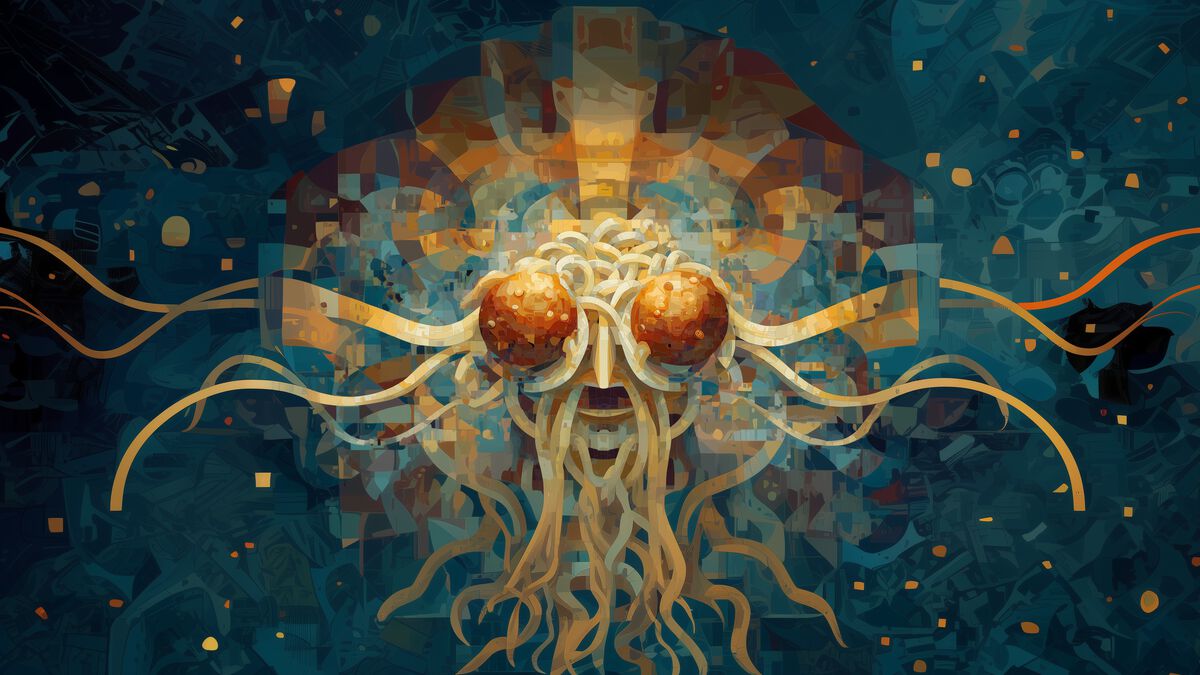
If that's God, I'm an atheist too.
Religion is a controversial topic among Transhumanists. Although the majority identify as atheists and agnostics, a substantial minority find Transhumanism to be complementary with or even inherent in their spiritual or religious views. Of course, this results in friction, which in turn generates both some traction of contructive debate and ... -

Messianic Postures toward Artificial Intelligence
Observing trends in information technology, some researchers conclude that artificial intelligence (AI) will eventually surpass the brightest human minds and take control of its own evolution. Assuming these researchers are correct, it is in our interest to ensure that we design AI to be friendly from the beginning. Whether AI ...